
In a world of information overload, it’s easy to feel overwhelmed when it comes to caring for your skin. Just a quick scroll on social media will likely present a ton of conflicting information and advice—most of the time from people who aren’t actually qualified to dish it out. Whether your skin is dry, prone to breakouts, oily or sensitive, it’s important to remember that it’s a vital organ that requires years of medical training to fully understand.
Because of this, it’s worth reminding yourself that when you feel at a loss with it all and your moisturisers, serums and cleansers aren’t working, it’s not you failing it—there’s simply something up with its function. More often than not, enlisting the help of a qualified expert can help get you back on track.

But because I know expert help can be expensive (and getting any sort of time with a dermatologist on the NHS is becoming harder and harder), I figured I’d lend a helping hand. Considering I have some of the world’s best skincare professionals on speed dial, from dermatologists and aestheticians to surgeons and facialists, I reached out to them to help bring some simplicity back into your routine.
While skin and its functions are deeply complex, I asked some of the most straight-talking skin experts out there to share their single most important piece of skincare advice. So forget everything you thought you knew—these are the only 9 of expert skin tips worth knowing.
This came out on top as the single most recommended skincare tip—and for good reason. Dr Jason Thomson, dermatologist at Skin + Me says, “With so many products and categories available in the skincare market it’s very easy to be overwhelmed and tempting to have an over-complicated skincare regimen. This is unnecessary, expensive, and you risk damaging your skin barrier if you’re applying too many products with powerful active ingredients.”
Instead, it’s important to keep things simple where you can. “Fashion editors always sing the praises of a capsule wardrobe, and I think it is important to have a capsule skincare collection. Switching up products too often and adding too many of them can damage your skin barrier and prevent you from seeing results. A capsule skincare collection should be composed of reliable, daily go-tos that are within your budget and you know work well with your skin,” says dermatologist, Dr Cristina Psomadakis.
Nailing your capsule skincare wardrobe is actually easier than you might think. Spirithoula Koukoufikis, senior medical Aasthetician at Skinfluencer London advises that while the products you use will depend on what your skin needs, the basics remain mostly the same. “Recommended routines usually include a cleanser, an antioxidant, a hydrator formulated for your skin type, and an SPF. At night, besides a cleanser, we also advise using a product that encourages cellular turnover and an active night-time hydrator,” she says. This sort of active might be an exfoliating acid or retinol.
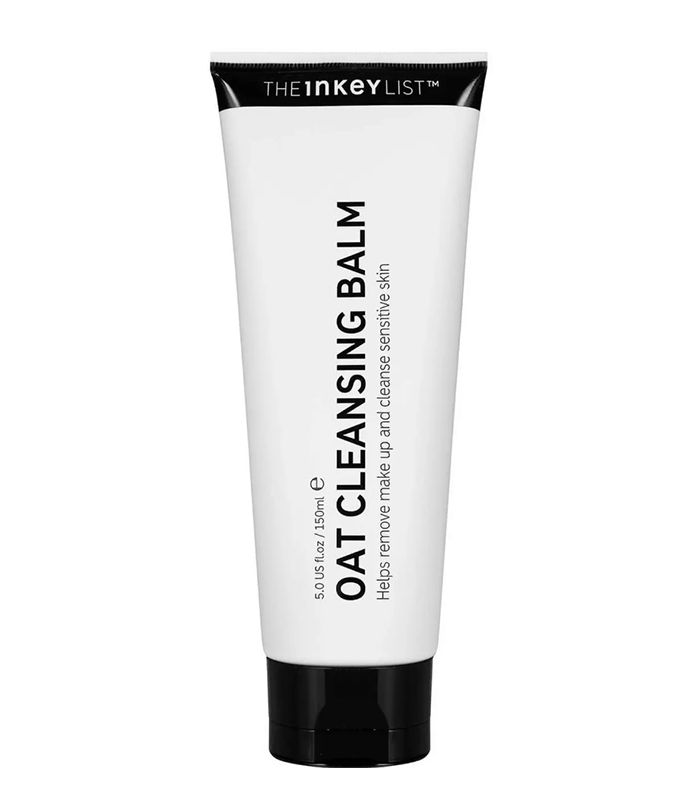
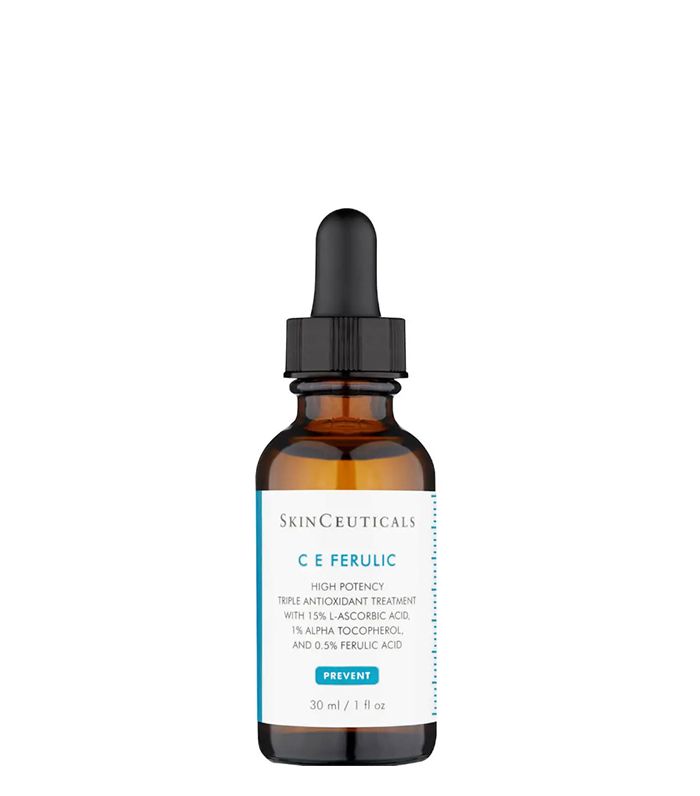
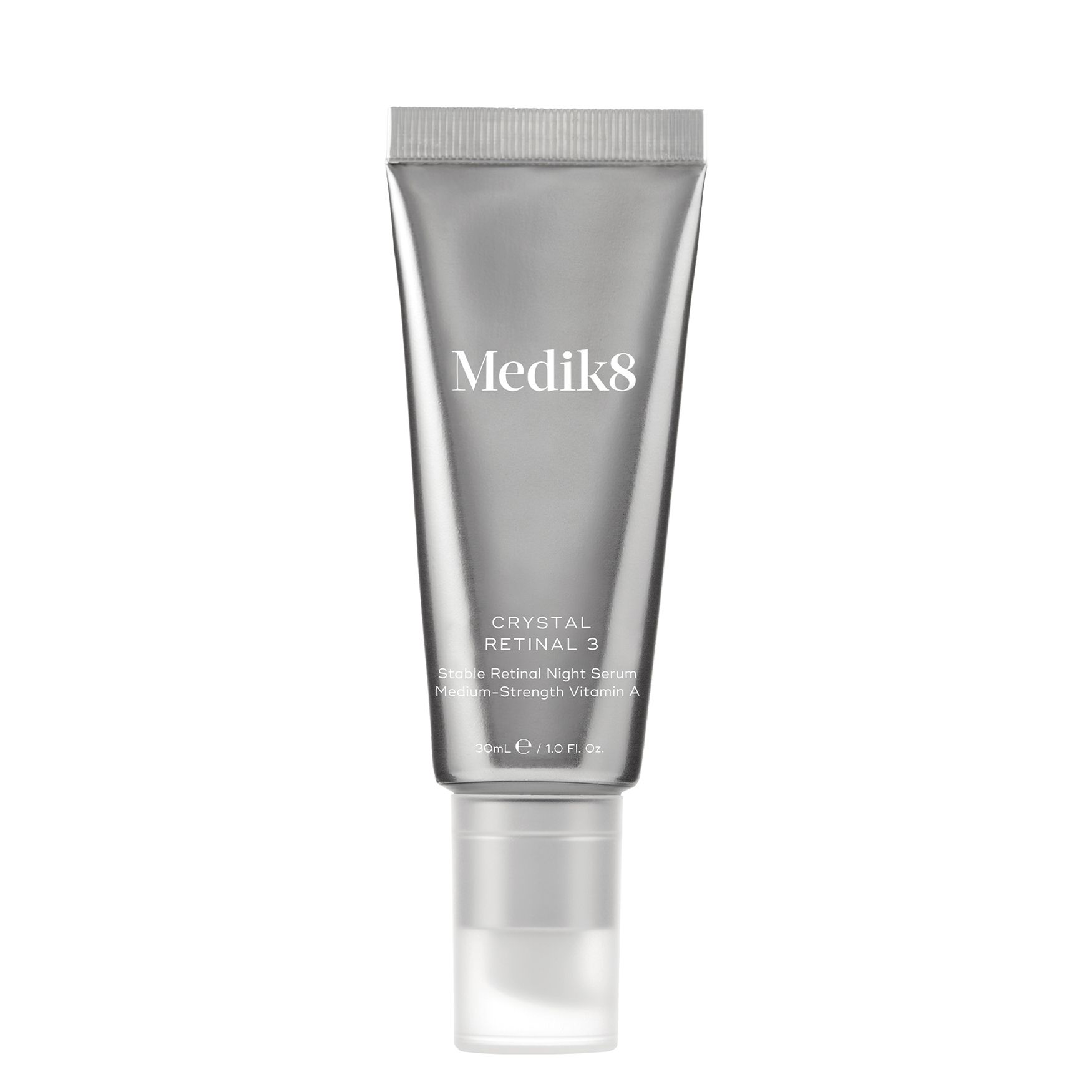
All skin experts agree that every great skincare routine starts with cleansing. If you haven’t got your cleansing step nailed, the rest is a waste of time. “There are multiple reasons that cleansing is vital to your skin’s health,” says Manal El Hage, therapist at Dr Kayle Aesthetic Clinic. “Cleansing helps to reinforce and protect the outer layer of your skin, and targeted products that contain actives, such a vitamin C and retinol, will not work to their full potential if skin hasn’t been properly cleansed,” she adds
And to cleanse doesn’t just mean swiping some micellar water over your face at the end of the day, either. Katharine Mackenzie Paterson, facialist and ambassador for Decléor says, “There’s no point in spending lots of hard-earned cash on serums and creams for your face if they can’t properly absorb into the skin due to pollutants or old makeup which haven’t been removed effectively. At night, I’m a fan of a double cleanse. For a first cleanse I like to use something oil-based. Oil cuts into oil, so this is really the most effective way to really break down any makeup, sebum, and debris lying on the skin.”
However, it’s also important not to overcomplicate your cleansing routine if you want to keep your skin hydrated and healthy. “Your daily cleansing routine doesn’t need to be overly complicated or time-consuming,” says CeraVe consultant dermatologist, Dr Alexis Granite. “Do your research, find the products which work for you, and stick with it as your skin needs time to adapt to change. Keep your cleansing step simple and leave targeted ingredients for serums and moisturisers.”
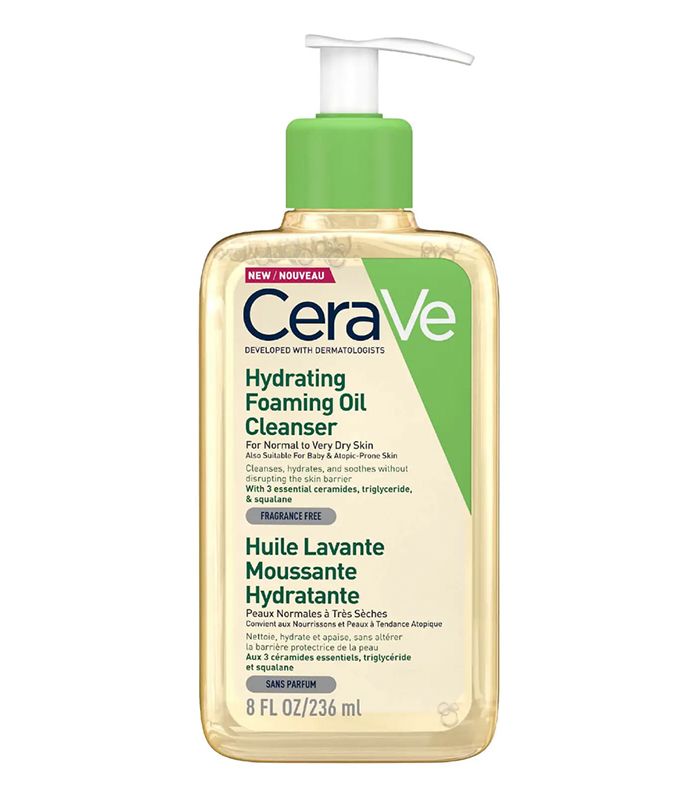
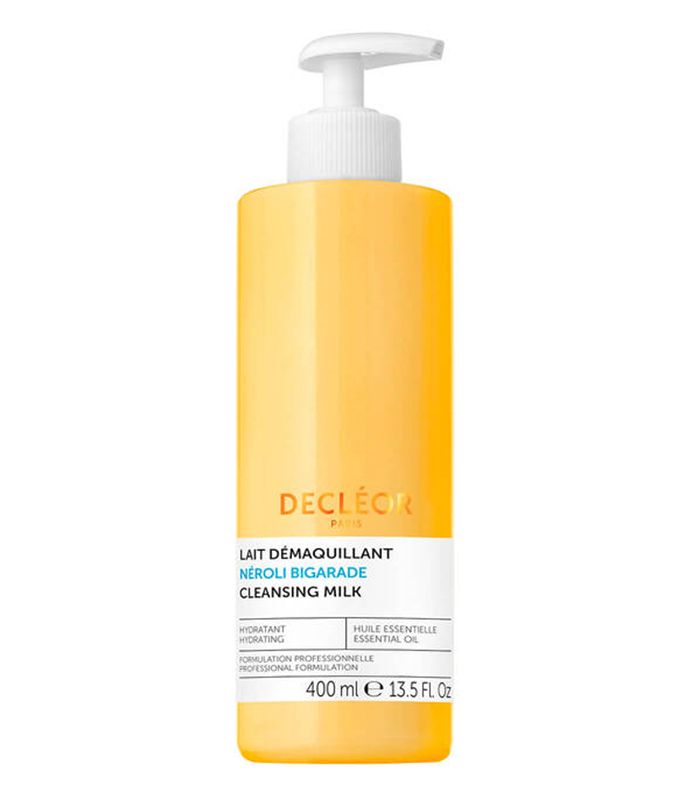
The topic of exfoliation has got a bad rap in recent years. Social media tells us that exfoliating too frequently will destroy our skin barrier (true), but that doesn’t mean you should quit it entirely. Dr Natalie Lindner, founder of Natalie’s Cosmetics says, “My number one skin care tip would be to focus on exfoliating acids before applying any thick skin care products. Think of it like a wooden door which you have to sand down/polish before painting. Slowly incorporate acids a couple of times per week into your regimen and build tolerance over time— it will leave skin glowing and thoroughly nourished.”
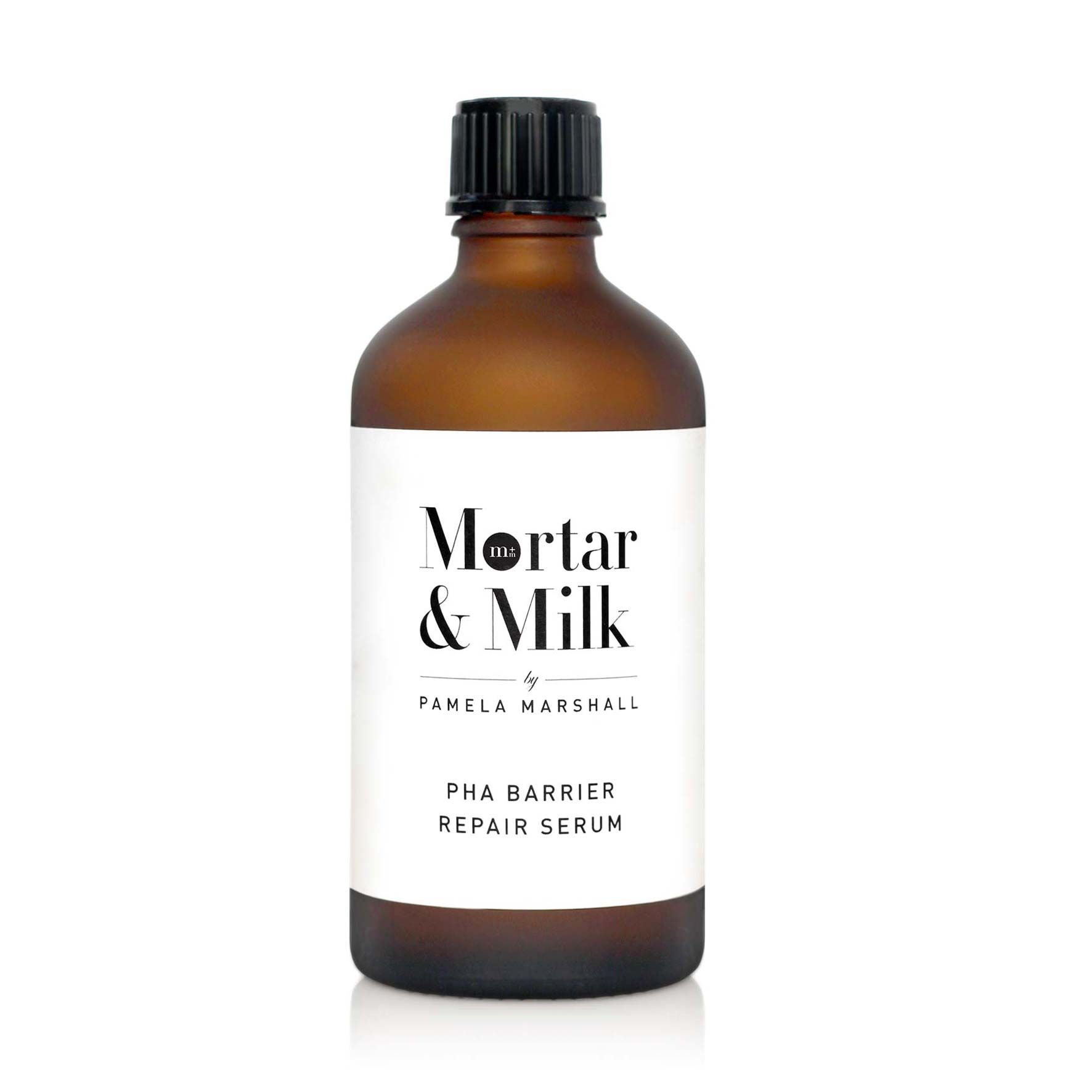
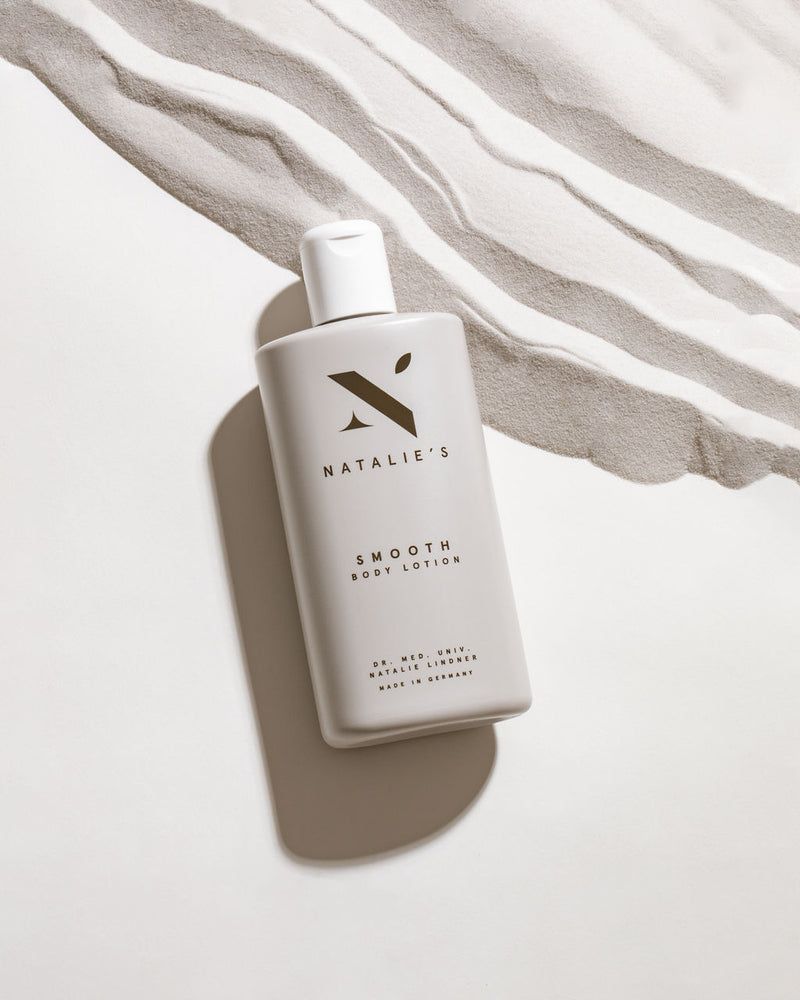
We talk about the importance of simple cleansing and gentle exfoliation frequently and here’s why: “It’s so important to protect your skin barrier. Avoid over-exfoliating or harsh physical scrubs which can irritate it,” says Dr Thivi Maruthappu, Consultant Dermatologst at the Cadogan Clinic. “Instead, support it with light chemical exfoliants like glycolic or lactic acids and niacinamide which helps boost the barrier function.”
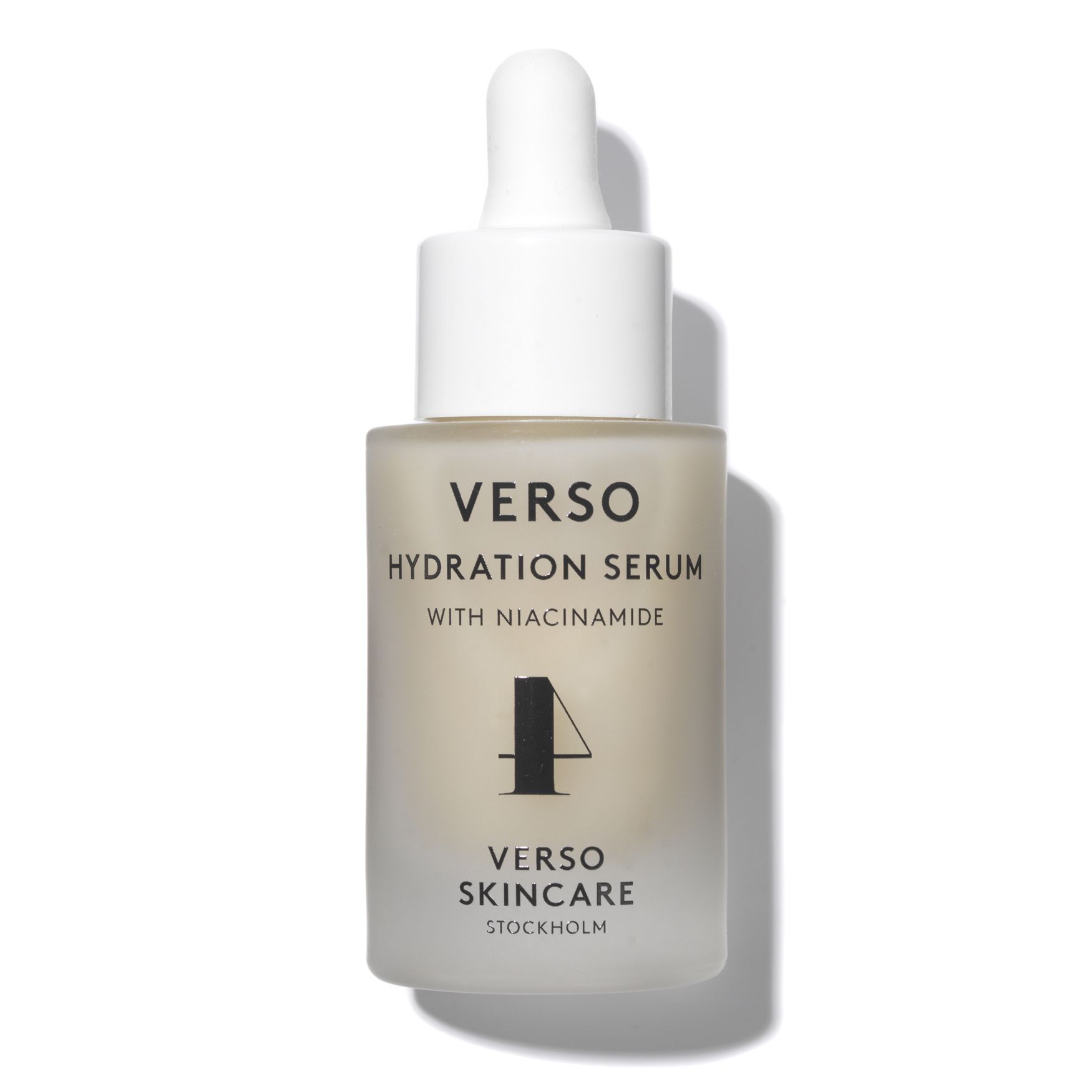
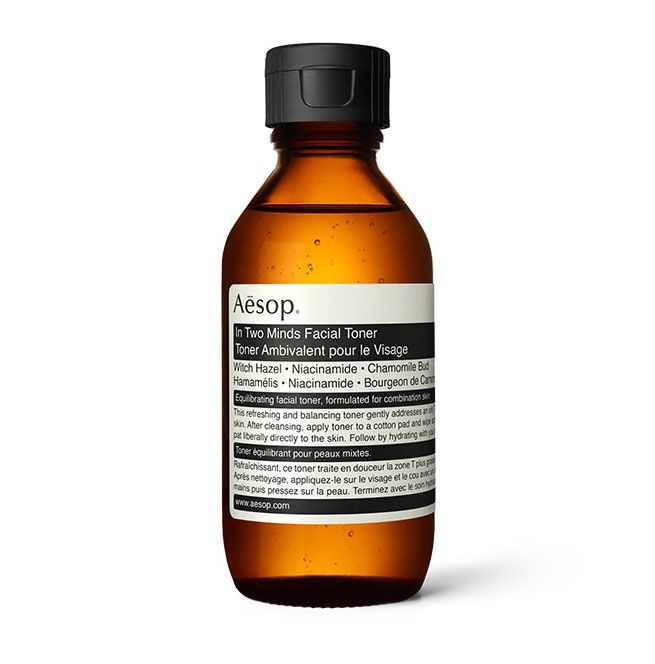
We know you already know this one, but no skin expert in their right mind would disagree with the advice that SPF should be worn every single day, rain or shine. And that doesn’t just mean a foundation with SPF in there—we’re talking a broad-spectrum, solo product. Dr Emma Wedgeworth, consultant dermatologist for La Roche-Posay says, “In my opinion, sun exposure is the single most important modifiable risk factor for skin cancers and premature ageing.”
With UV index in the UK relatively low for most of the year, it’s tempting to skip SPF. However, the sun’s UVA rays, which surpass clouds and windows, meaning they’re present all day, can wreak havoc with our skin’s appearance. “Sunscreen/sunblock is arguably the most important to slow down the ageing process of skin. There are emerging theories that 90% of what we refer to as the ‘natural ageing processes of skin’ have nothing to do with natural processes but are really linked to sun damage. I recommend all my patients use at least a factor 50 every day, regardless of weather and regardless of whether they leave the house or not,” says Dr Nestor Demosthenous, cosmetic doctor and founder of Dr Nestor’s Medical Cosmetic Centre.
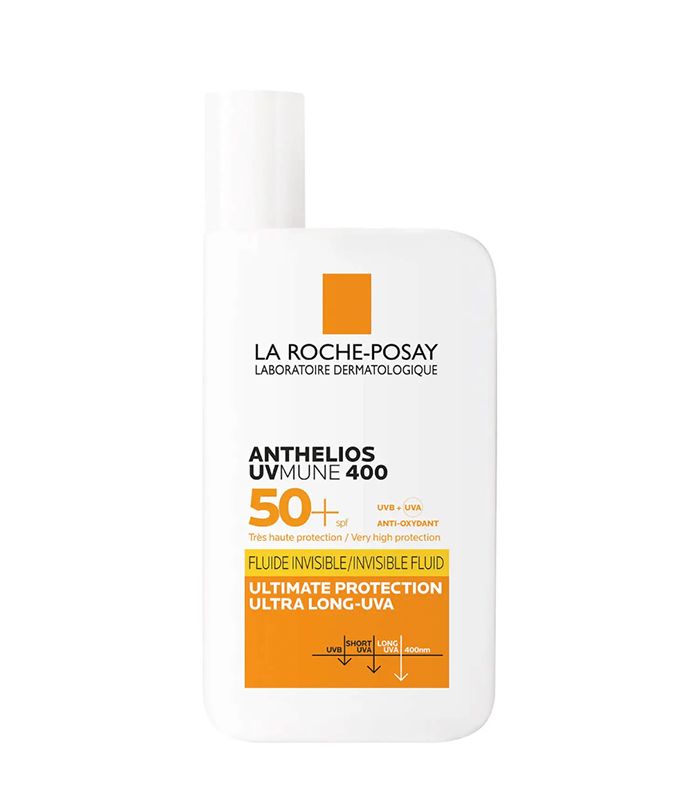
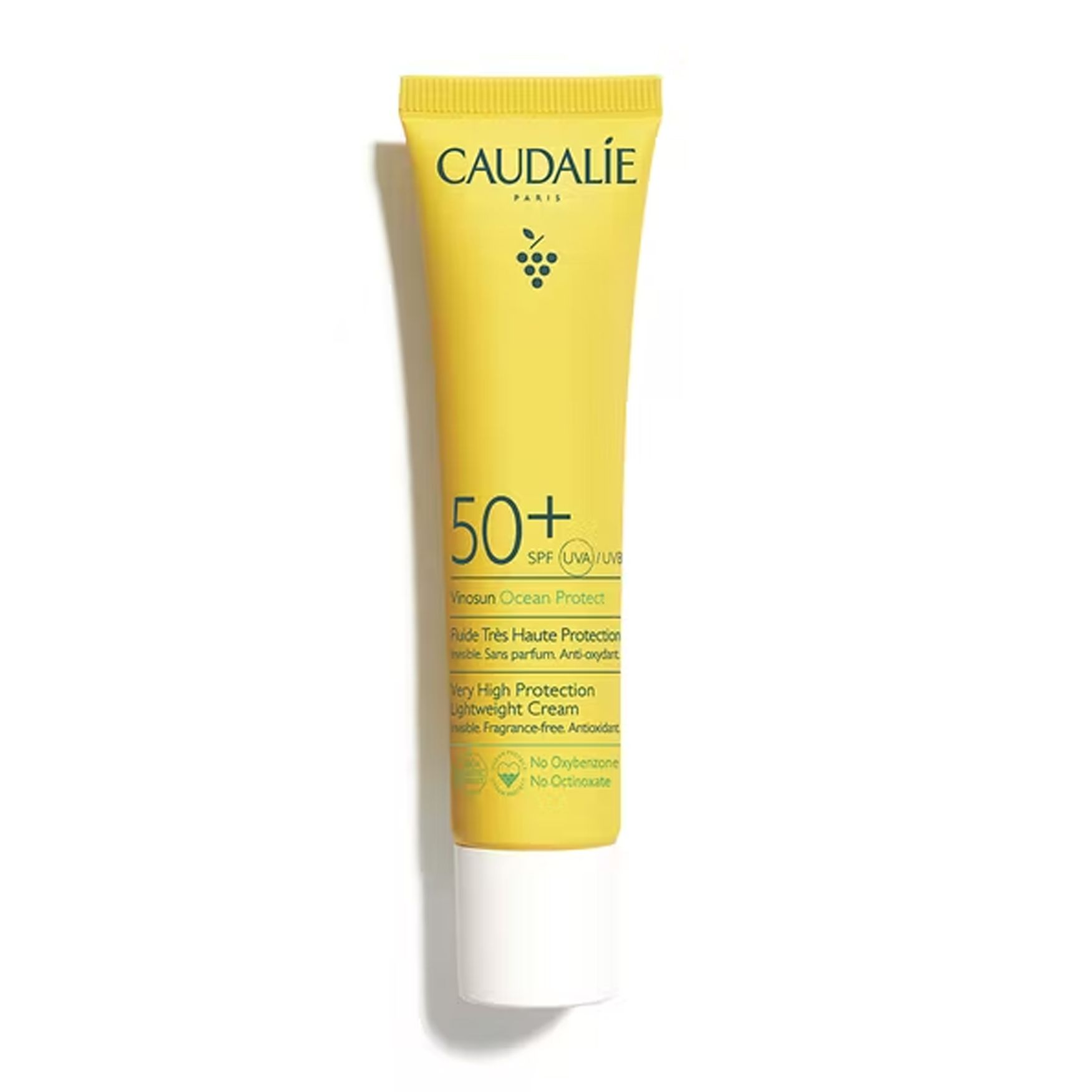
This is where social media skincare advice can do us dirty. “There is a lot of information on the internet discussing sensitivity when it come to trialling a new product. It says if your skin reacts in any way then you should assume it is a serious reaction or allergy,” says Dr Ahmed El Muntasar, GP and aesthetician.
Surprise, surprise—it’s wrong. “When you introduce active ingredients like high-grade vitamin C or retinol into your routine, it’s perfectly normal for skin to react. Your skin is an organ and for it dry out or get flushed during the first couple of weeks of use is normal. Of course, you should consult your doctor if you’re concerned, but these things don’t automatically mean you’re allergic to a product,” he adds.
Our eye area is often neglected when it comes to skincare routines. The skin around our eyes is more delicate compared to the rest of the face, so it’s totally normal if you find yourself avoiding the area when you’re doing your routine. However, just because it’s a common grievance doesn’t mean avoiding the eyes is recommend—especially when it comes to cleansing. “Don’t sleep with eye makeup on,” warns Miss Elizabeth Hawkes, consultant oculoplastic and ophthalmic surgeon. “In between our eyelashes are small glands (called meibomian glands) that secrete the outer layer of our tear film. If the glands become blocked with makeup it can lead to a condition called blepharitis, which is an inflammatory condition of the eyelids.”
Oh, and if you’re concerned about fine lines and wrinkles around your eyes, you’re going to want to stop avoiding the area when it comes to SPF application. “Eyelid skin is delicate and prone to the effects of ageing. It is also a high-risk area for skin cancer. It is therefore important to use SPF around the upper and lower eyelids,” adds Hawkes.
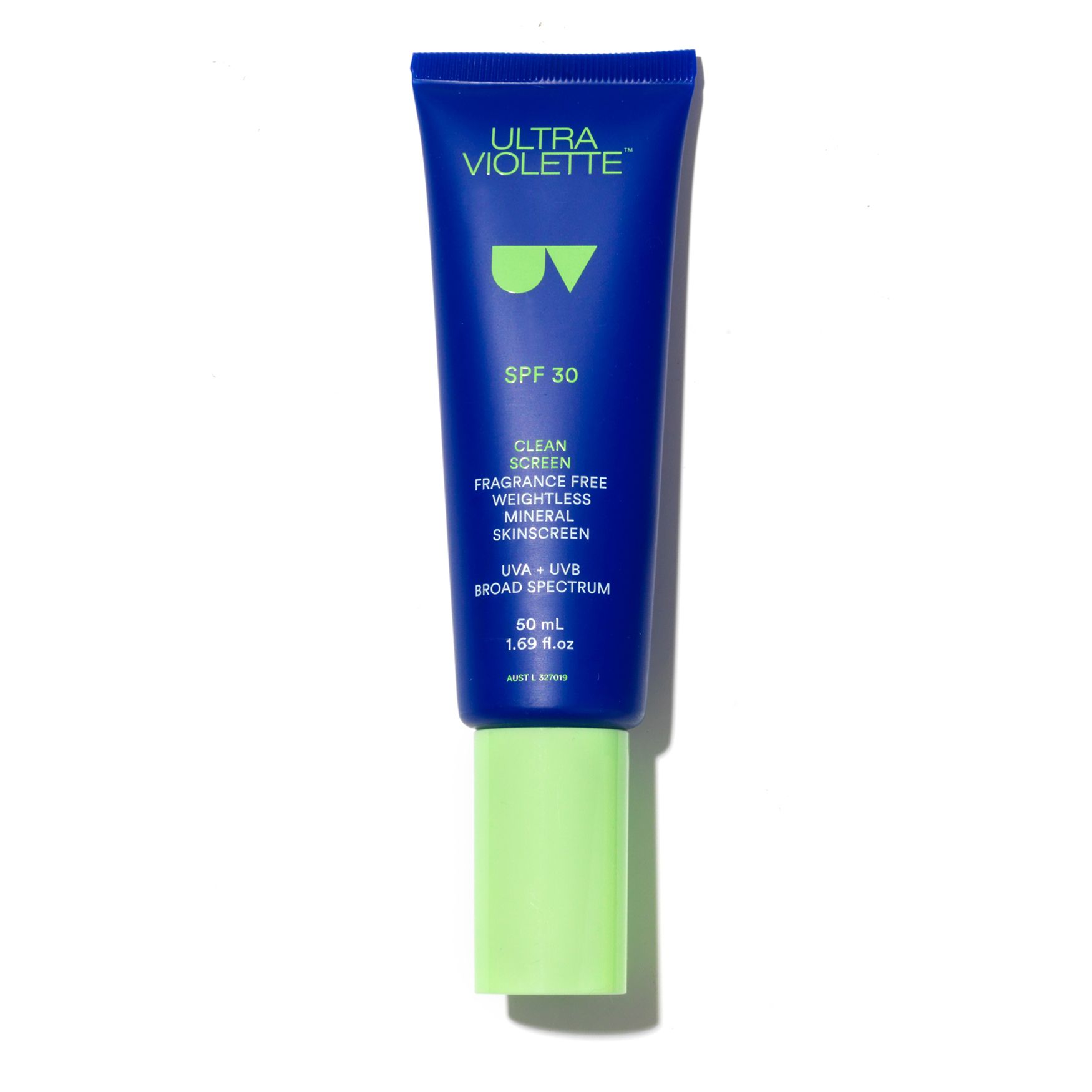
You’ve likely heard this before, but it bears repeating. “Don’t neglect the neck,” says Mr Tunc Tiryaki, consultant plastic surgeon. Not too dissimilarly from the skin around our eyes, the skin on the neck is thinner than the skin the face, meaning it requires special attention if you want to keep it looking healthy. “I see patients who follow a stringent skincare routine on their face but neglect their neck. This presents a visible difference in skin quality between neck and face, which is further accentuated when patients have injectable treatments, such as Botox,” he adds.
His advice is simple. Just follow the exact same skincare routine for your neck as you do your face—every single day.
While the skincare products we use and the ways in which we use them are of vital importance when it comes to the health of our skin, many experts we spoke to were keen to highlight that skin health doesn’t depend entirely on a regimen. “It’s about managing your internal and external environment, which means sun protection and nourishing your body with foods that [help skin]from the inside out,” says Dr Steve Cohen, Plastic Surgeon at the Cadogan Clinic. “Diets heavy in antioxidant-rich fruits and green, leafy vegetables can positively affect your skin health,” he adds.
And while experts want you to know that drinking litres of water a day isn’t going to miraculously cure your skin woes, they do also want to drum home the importance of keeping hydrated. “When we’re dehydrated our complexion can appear dull, fine lines and wrinkles become more visible, and skin may also feel tight and uncomfortable,” says Dr Joshua Berkowitz, Medical Director at IV Boost UK.
Importantly, you should find a balance between skincare and lifestyle choices through adapting your products to your lifestyle. “Your lifestyle choices contribute to skin ageing, so make sure your skincare compliments them,” says facialist, Fiona Brackenbury. The key is to think about what you’re putting your skin through and how best to treat it. “If you live in a city, make sure you have pollution protection [through antioxidants and SPF]. If you exercise heavily, make sure you replace that lost hydration. If you work under constant air conditioning, strengthen your skin barrier to limit water loss and stress in the skin,” she advises.
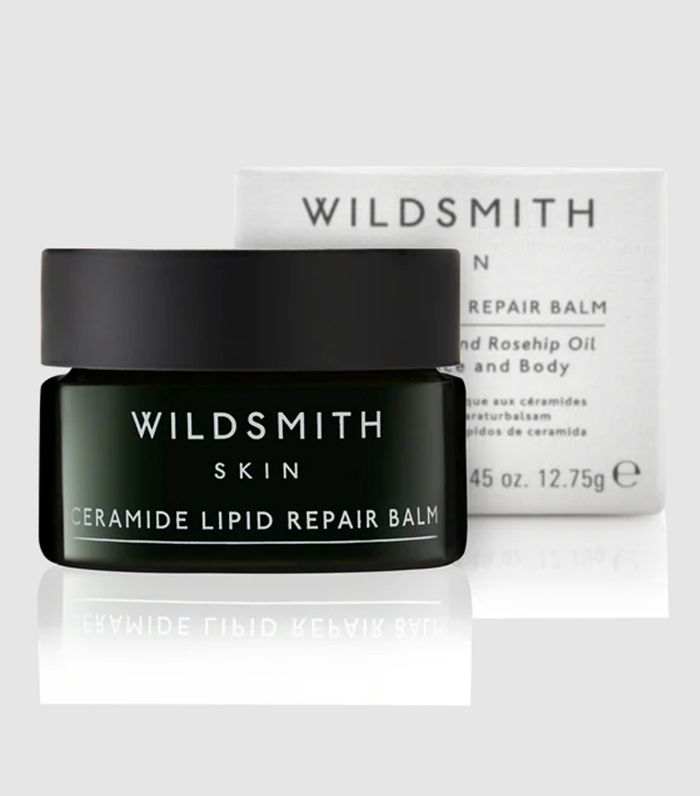
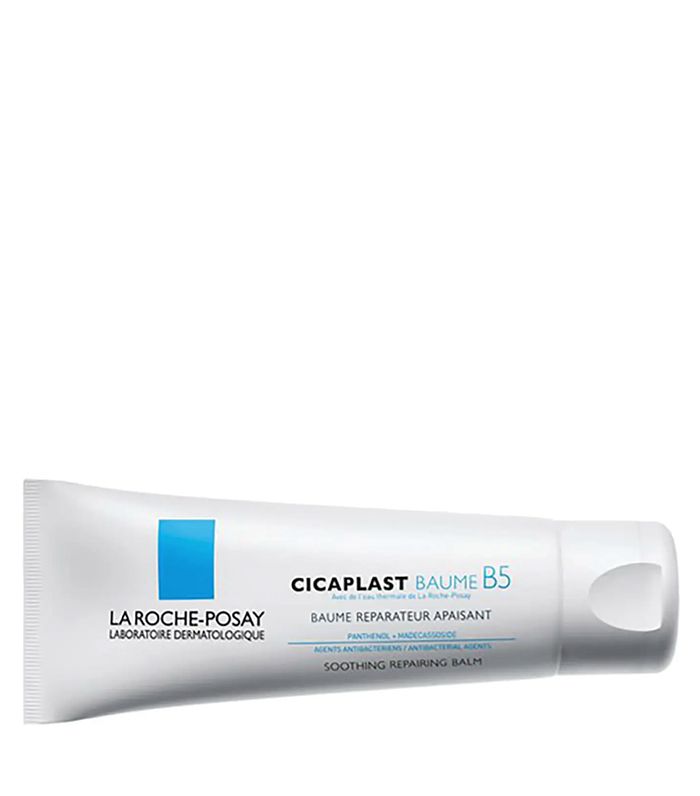
Next up, our beauty-ed group chat gets heated when we talk about the expensive buys.




